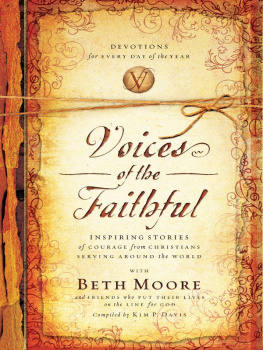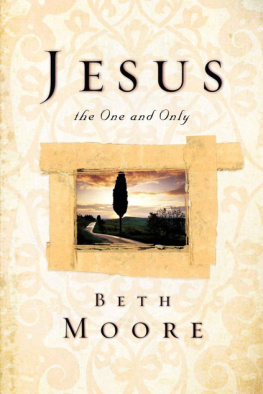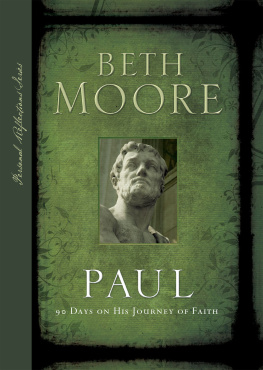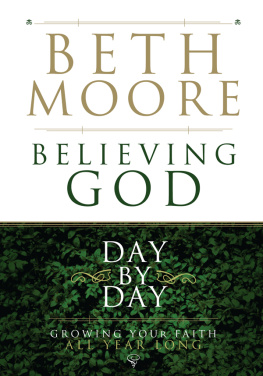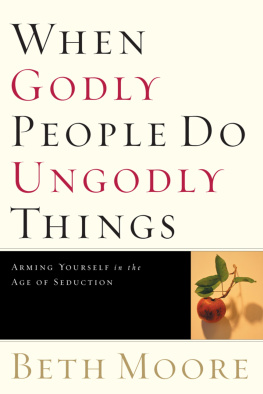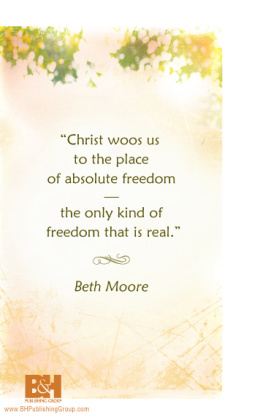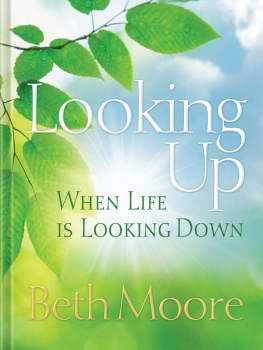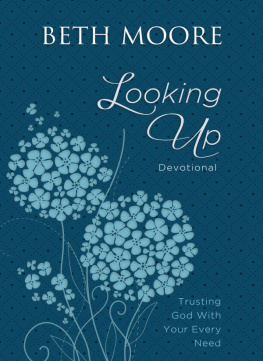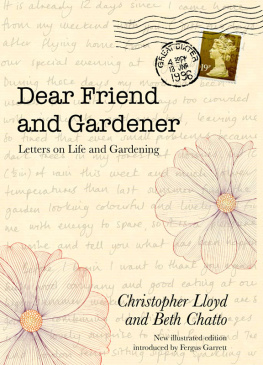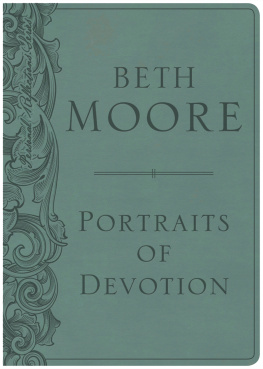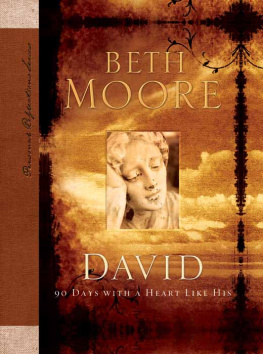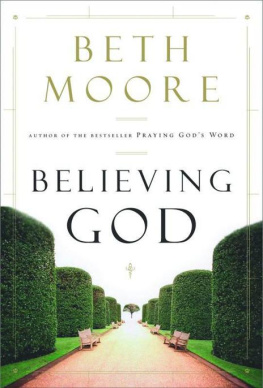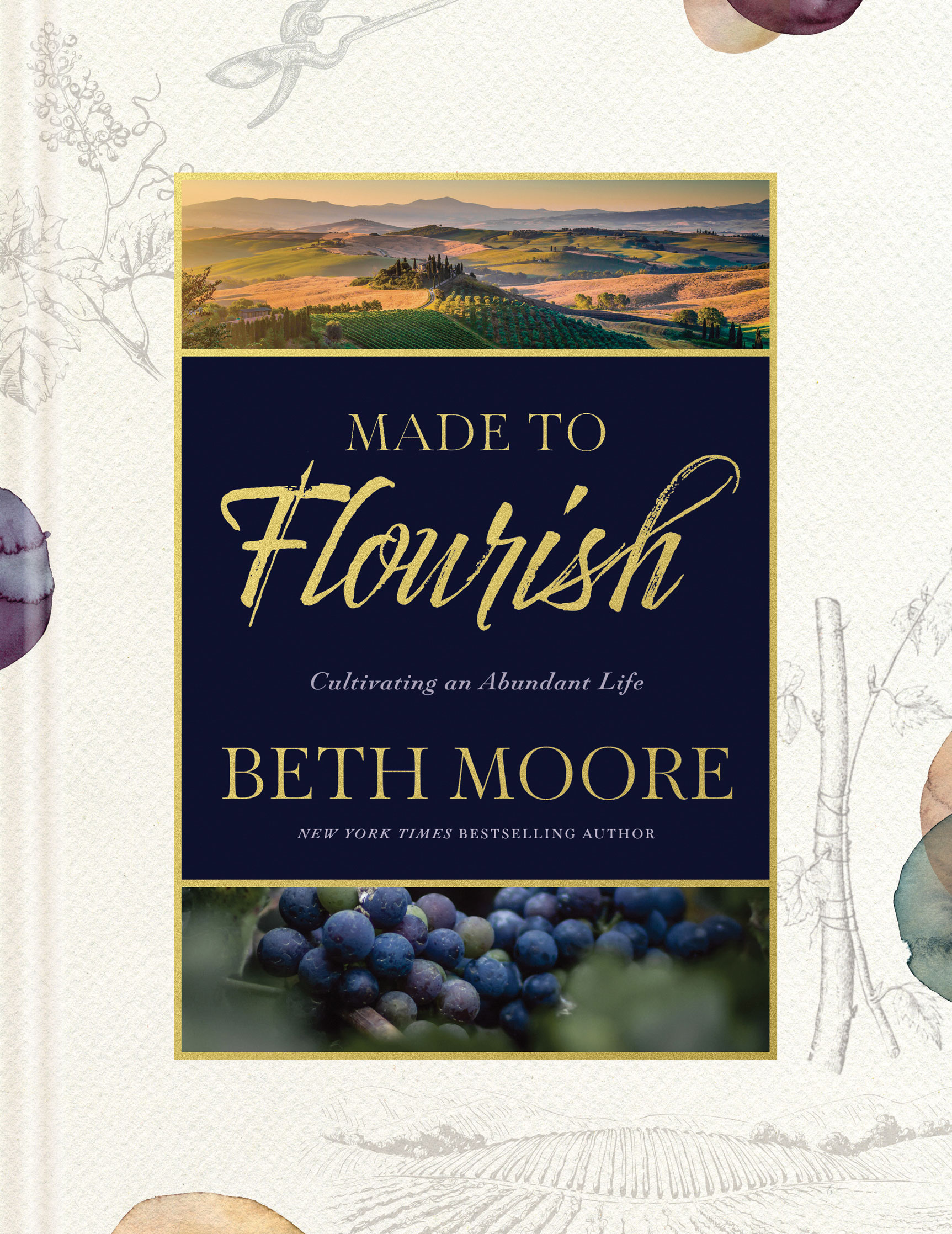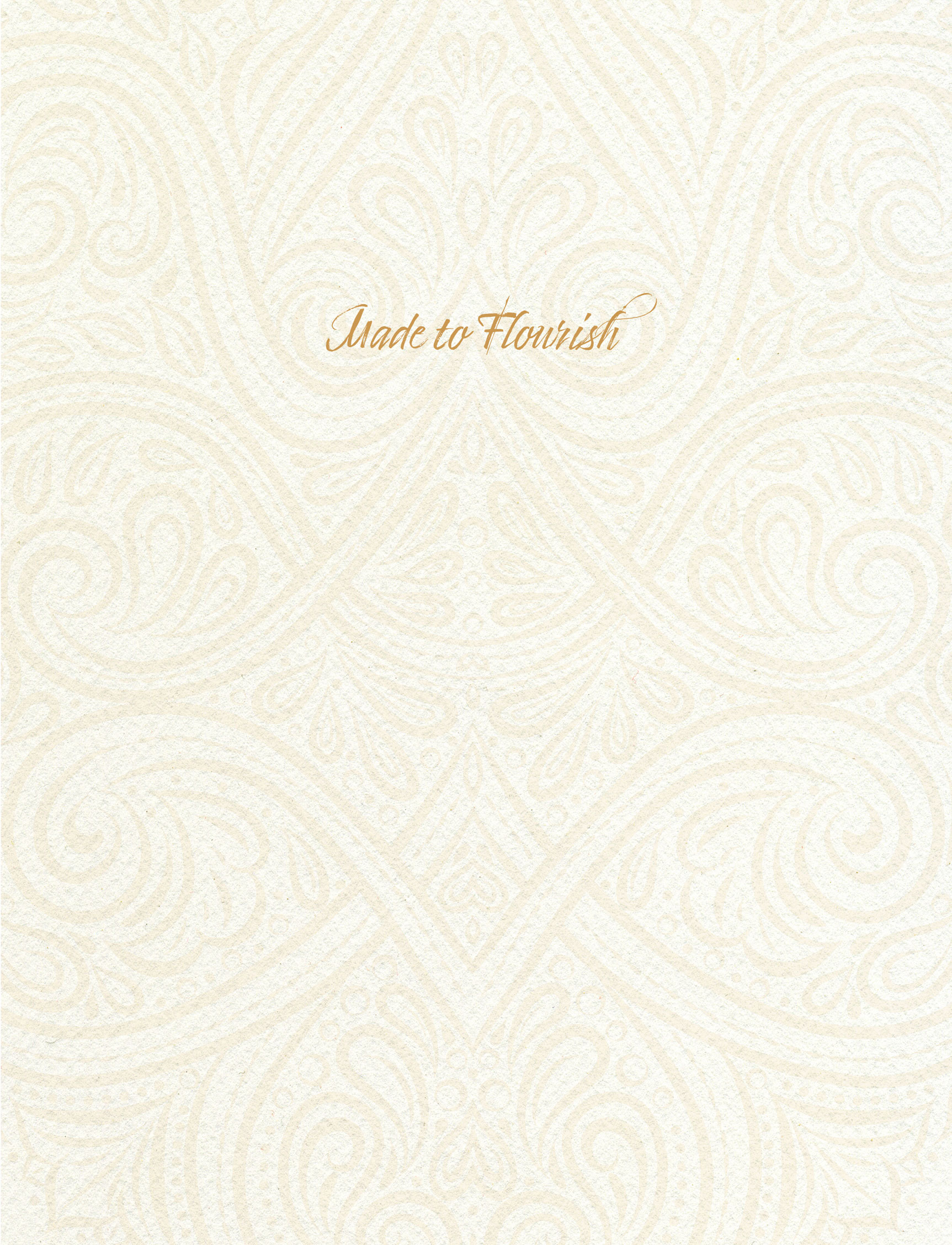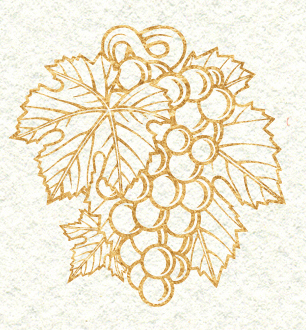Visit Tyndale online at tyndale.com.
Visit Tyndale Momentum online at tyndalemomentum.com.
Visit Beth Moore online at lproof.org.
TYNDALE, Tyndales quill logo, Tyndale Momentum, and the Tyndale Momentum logo are registered trademarks of Tyndale House Publishers. Tyndale Momentum is the nonfiction imprint of Tyndale House Publishers, Carol Stream, Illinois.
Made to Flourish: Cultivating an Abundant Life
Copyright 2020 by Beth Moore. All rights reserved.
Adapted from Chasing Vines, ISBN 978-1-4964-4082-2.
Cover photographs and illustrations are the property of their respective copyright holders and all rights are reserved. Abstract watercolor blobs whiteheartdesign/Creative Market; scenic landscape canadastock/Shutterstock; blue grapes by Tolga Ahmetler on Unsplash; vineyard sketch first vector trend/Shutterstock; graft by Charles Baltet, public domain; grape bunch and leaf Liliya Shlapak/Shutterstock; pruning tool Astro Ann/Shutterstock; paper texture katrich/iStockphoto; vine roots by Lindsey Bergsma Tyndale House Publishers; classic vineyard etraveler/Shutterstock; abstract painted watercolors Kaidash/Shutterstock.
Designed by Julie Chen
Edited by Stephanie Rische
Published in association with Yates & Yates, LLP (www.yates2.com).
Unless otherwise indicated, all Scripture quotations are from the ESV Bible (The Holy Bible, English Standard Version), copyright 2001 by Crossway, a publishing ministry of Good News Publishers. Used by permission. All rights reserved.
Scripture quotations marked NLT are taken from the Holy Bible, New Living Translation, copyright 1996, 2004, 2015 by Tyndale House Foundation. Used by permission of Tyndale House Publishers, Carol Stream, Illinois 60188. All rights reserved.
Scripture quotations marked NIV are taken from the Holy Bible, New International Version, NIV. Copyright 1973, 1978, 1984, 2011 by Biblica, Inc. Used by permission. All rights reserved worldwide.
The definitions in this book are adapted from Merriam-Webster online, https://www.merriam-webster.com.
ISBN 978-1-4964-4096-9
Build: 2020-05-06 11:48:33 EPUB 3.0
I have been enamored with Christs teaching on the vine and the branches since I cut my teeth on Bible study, and Ive taught about His call to fruitfulness as an essential part of lifes satisfaction for at least twenty years. The spectacular thing about Scripture, however, is that, like no other book held in human hands, its ink may be dry but it is the furthest thing from dead. The words are alive and active, and the Holy Spirit who inspired them can animate the most familiar passage and spring it to fresh life again in your soul.
It happened to me in Tuscany a year ago, on a dream trip I took with my daughters. The place was otherworldly. We stayed three nights at an inn on a hillside in the upper quadrant of a vineyard. I could stand on the grounds and in every direction I looked, I saw vines.
On our way into town by taxi one morning, we saw the last of the harvesters walking the rowsinspecting the vines and clipping the final heavy clusters of fruit. Captivated, I felt like I was watching live reenactments of some of Christs own parables. It was not lost on me that one of His final exhortations to His disciples was, essentially, Be immensely fruitful (John 15:5-8). The image of the vineyard has consumed me ever since.
When Jesus told His disciples, My Father is the gardener (John 15:1, NLT ), He wasnt using random imagery to sketch His point. From the very first book in the Bible, we discover that God is a gardener:

From the beginning, its God Himself with hoe and spade. Its God whos afoot with herbs and bulbs. Its God with the knack and no Farmers Almanac.
Its a wonder to me that God would choose to slowly grow what He could have simply created grown. Why on earth would He go to the trouble to plant a garden forced to sprout rather than commanding it into existence, full bloom? Why leave His desk and get His pant legs soiled?
Because God likes watching things grow.
This metaphor plays out throughout Scripture as He tends His people with care, skill, and intention. When Jesus began His ministry on earth, He took this idea to a whole new level, revealing that He Himself is the Vine. He invites us to the sacred ground of abiding, calling us to flourish in the abundant life He offers.
In the following pages, I invite you to explore the fruitful life through the language of the gardenand the words of the Master Gardener Himself.


T he Bible uses gardening terms for the acts of God time and again. In 2 Samuel 7:10, God is described as appointing a people and not placing them, but rather planting them where He wanted them. Psalm 94:9 says God planted the ear on man, and according to Luke 22:51, Jesus could also clearly replant one, should that be necessary. Words like rooted and uprooted and grounded all speak the language of horticulture. God is the master gardener, and we, His tender seeds.
The Lord has chosen you and planted you, and He is preparing you for a great harvest. Hes getting you ready to thrive and flourish and bear much fruit. If we submit ourselves to His ways, mysterious and painful though they may be at times, we will find that its all part of the process that enables us to grow and bear fruit.





